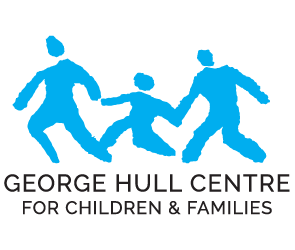
03 May Institute’s Preschool Speech & Language Trauma Screening Program Featured on Toronto.com
A recent Toronto.com article featured the Institute’s groundbreaking Preschool Speech & Language Trauma Screening Program, with interviews with director Leticia Gracia and operations manager Anna Rupert.
The program is using the Institute’s own CASTER™ 0-5 trauma screening tool to assess the more than 700 preschool speech & language clients it sees every year.
As former manager of the preschool speech & language program, Anna knows how innovative the trauma screening aspect is. “In the speech pathology field, there was a very, very small conversation happening about trauma,” she says, so that this may be the first speech and language program to universally screen for trauma. The work is so relevant, she notes, because of the trauma that George Hull speech & language pathologists have been encountering among their young clients.
“We’re trying to walk the walk,” says Leticia Gracia, the director of the George Hull Centre Institute of Childhood Trauma and Attachment. “We’re not just a training institute. We’re really trying to develop our programs within the Centre, making every department trauma-informed.”
Early identification is so important, Leticia stresses. Speech and language pathologists are often the first professionals in contact with children who have been traumatized, and if they can identify, support and refer these children for treatment at an early stage, the children stand “a much better chance at recovery and better outcomes.”
Developed by the Institute’s consulting psychologist Dr. James Worling, the CASTER™ is unique for the comprehensive nature of the traumatic exposures it screens for, including a wide range of community experiences of discrimination and violence.
Leticia is quick to emphasize that families won’t be judged for their story. “I really want families to know George Hull Centre is a wonderful place,” she says. “Trauma is pervasive. We ask about it because we believe bad things happen to people and we want to help them recover.”
The program has been established through the generosity of a private donor.
